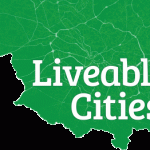In 2008 the UK was the first major economy to pass a Climate Change Act committing the Government to 80% reduction in emissions from 1990 levels by 2050, which was augmented in 2019 to net zero emissions by the same date. ECCD research looks to develop engineering solutions to regional and city-level emissions considering the practicality and costs of various methods and approaches.
Research encompasses analysis of a number of city and district councils and organisations, including businesses and schools, developing evidence and providing advice on sustainable future pathways. The work includes the development of a robust sustainability performance tool to help assist cities measure their progress in achieving sustainability targets while educating organisations in identifying and targeting sustainable strategies.
ECCD has developed a number of tools and observatories including climate change world weather file generator allowing one to generate climate change weather files for use in building performance simulation programs and the energy consumption and carbon dioxide emissions observatory for the Solent region.
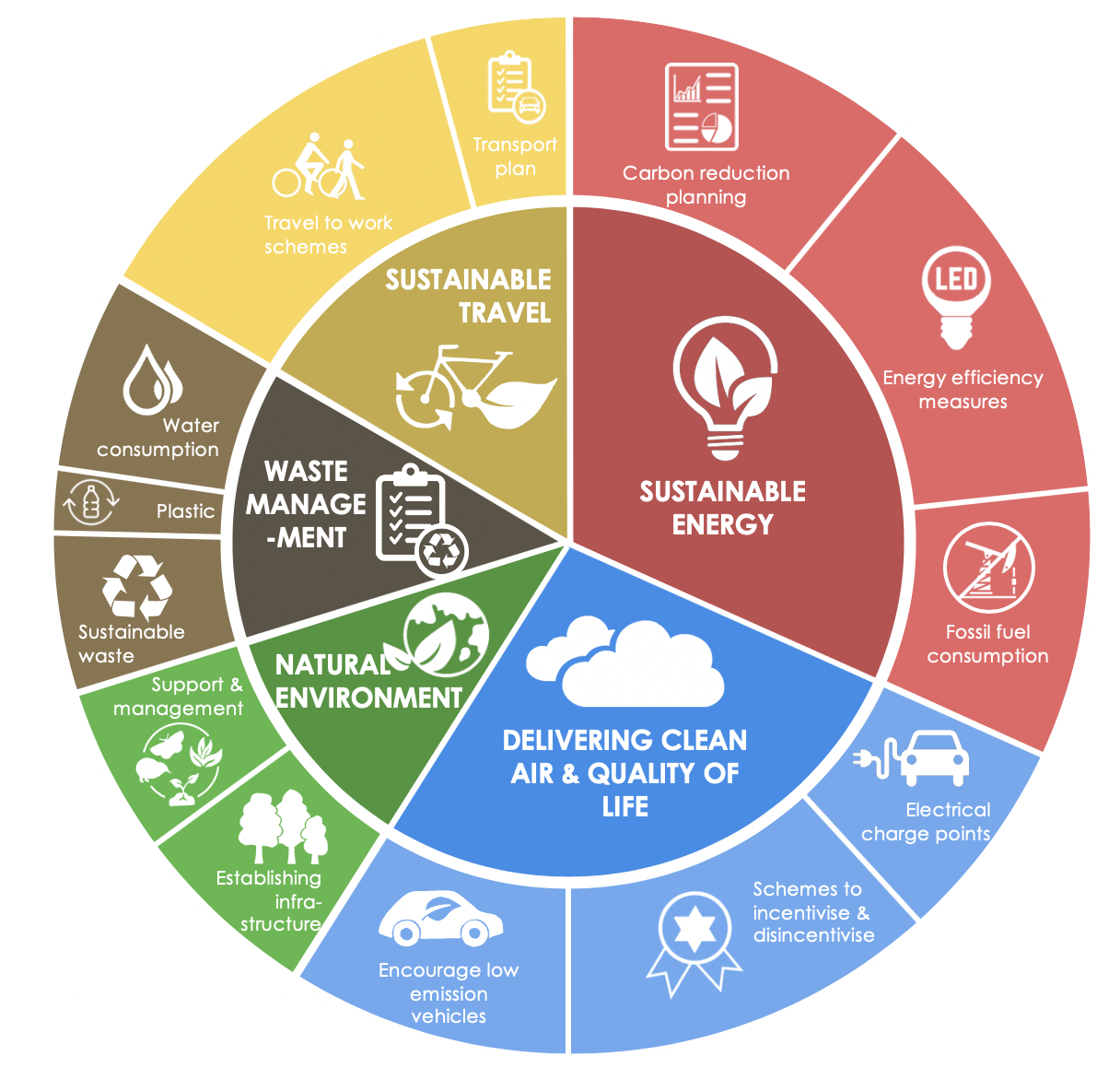
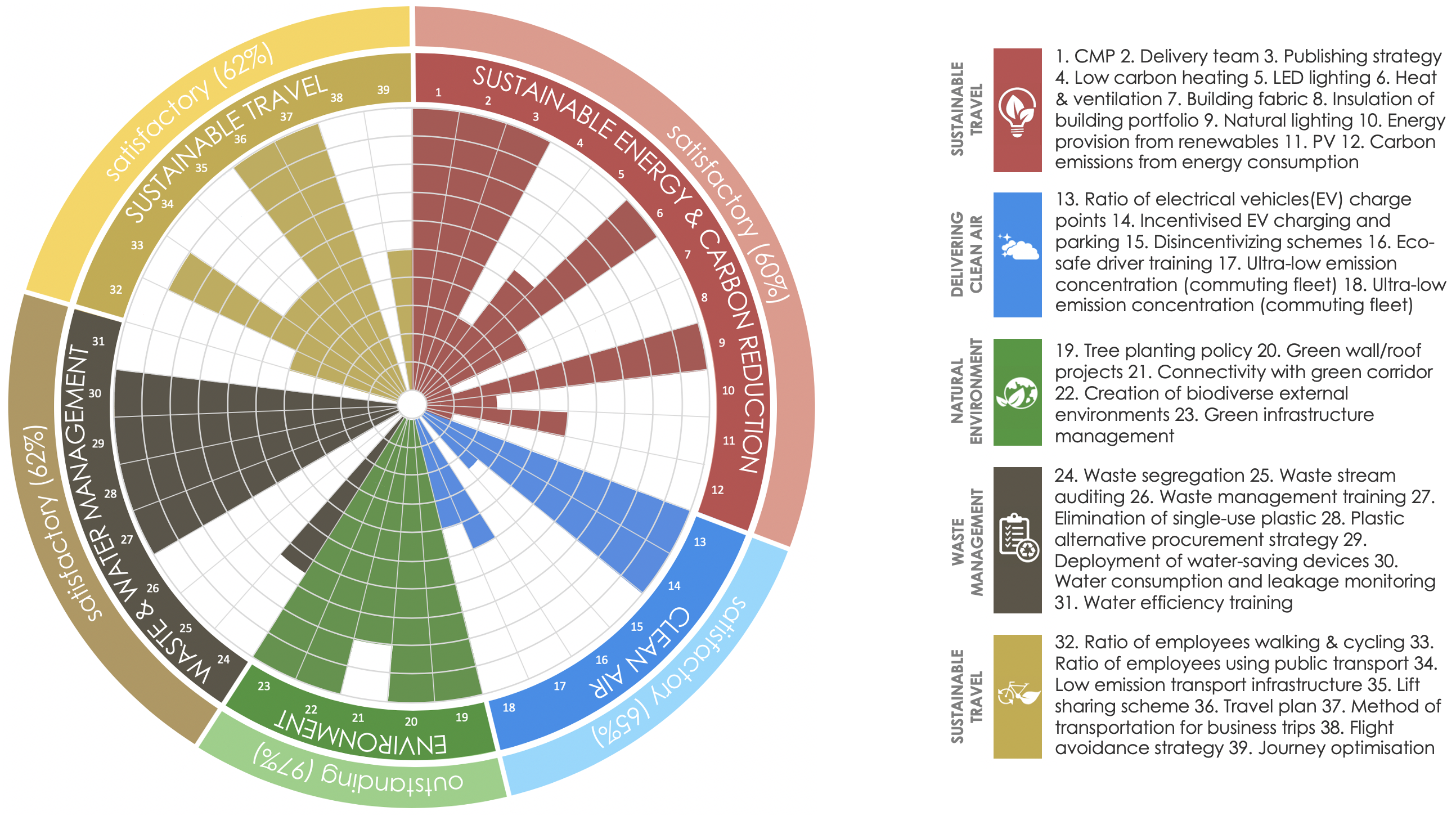
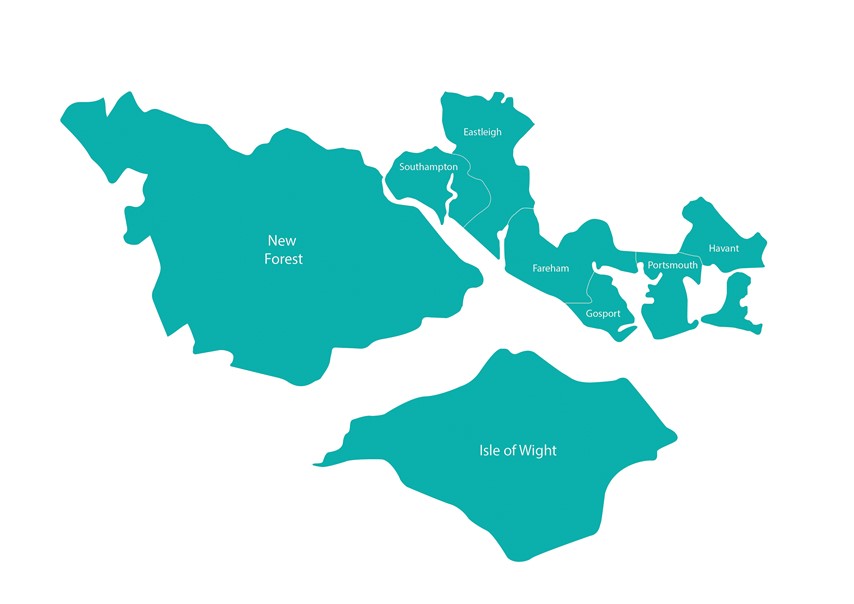
Updates:
Overheating Risk Assessment for UK schools 
This project is a response to the UK’s overheating risk introduced by climate change. By 2070, climate projections for the UK estimate an increase in seasonal average temperatures of up to 5.1°C in summer as well as more intense and frequent extreme events such as heat waves.
ECCD present at the International Conference on Sustainable Energy, SET 2023 in Nottingham, UK 
ECCD presented 8 papers at the 20th International Conference on Sustainable Energy (SET 2023), Nottingham, UK, with Professor Bahaj also presenting a keynote address
Findings from the first heating season 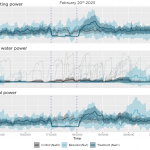
ECCD release initial preliminary findings from the LATENT field trial, showing that heat deferral in UK households can work.
Pioneering net zero delivery for the City of Southampton 
This project, currently in its second-phase will build on Southampton’s characteristics, opportunities and challenges through developing a combined techno-economic methodology coupled with stakeholder engagements to support a coherent feasibility studies to address its pathway to net zero.
Sustainability Implementation Group 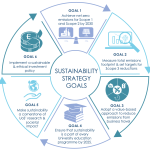
ECCD lead on the University Strategy-Sustainability, through the University Sustainability Implementation Group (SIG), setting the vision for a more sustainable University.
Green City Performance Tracker 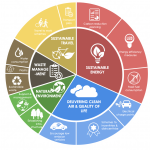
The Green City Performance Tracker has been developed to provide a robust assessment of Southampton City Council’s Green City Charter (GCC) to help the City in its transition towards zero carbon making it a cleaner, greener and healthier city.
Decarbonisation of the Winchester District 
Winchester City Council (WCC) has an ambitious aspiration for the Winchester District (coves approximately 250 square miles) to become carbon neutral by 2030 with this research project investigating options including a low carbon energy hub, building retrofit and mapping of EV charging and network resilience.
University of Southampton Sustainability Strategy 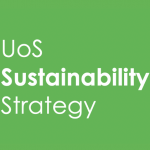
The University of Southampton developed a new Sustainability Strategy, launched on October 20th 2020, to sit alongside the University Travel Plan, Estates Strategy and Biodiversity Policy. The ECCD team has contributed to the consulting phases and is also leading the University Sustainability Implementation Group which arose as a result of the Strategy.
Key Cities Meeting – City and the Environment 
21st February 2019 | University of Southampton The Southampton City Council has joined forces with the University of Southampton and hosted a Key Cities Meeting addressing challenges on air quality, energy efficiency, transport, and infrastructure development. The meeting urges local authorities to adopt a “healthy and prosperous” vision towards air quality and energy efficiency in towns and ...
How do we address energy consumption to meet low carbon targets? How do we address infrastructure ‘lock in’ to improve the carbon performance of the urban environment? How do we engender and embed low carbon pathways and engineering solutions for demand reduction and power generation in cities? Introduction Launched in 2012, Liveable Cities is a five year £6.2m research ...
Title: Low Carbon City Strategy Researcher: Yue Wu Supervisors: AbuBakr Bahaj and Luke Blunden Abstract GHG emissions are becoming a global concern. The UK has legally bound a CO2 emission reduction target that by 2050 at least 80% of GHG emission shall be reduced based on the emission level of 1990. Consequently, the local authorities also published their own ...
Energy consumption and carbon dioxide emissions in the Solent Region 
SERG researchers have produced a set of maps of domestic carbon emissions for the Solent region which are available to browse online, using Mango Map. The maps are based on data released by DECC and ONS with the maps updated periodically when new data becomes available.
Climate Change World Weather File Generator for World-Wide Weather Data – CCWorldWeatherGen 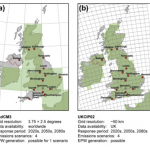
The climate change world weather file generator (CCWorldWeatherGen) allows you to generate climate change weather files for world-wide locations ready for use in building performance simulation programs. It uses Intergovernmental Panel on Climate Change (IPCC) Third Assessment Report model summary data of the HadCM3 A2 experiment ensemble which is available from the IPCC Data Distribution ...
CCWeatherGen: Climate Change Weather File Generator for the UK 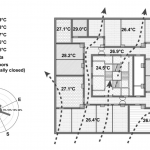
The climate change weather file generator (CCWeatherGen) enables you to generate climate change weather files for the UK ready for use in building performance simulation programs. It uses the 2002 climate change scenario predictions provided by the UK Climate Impacts Programme (UKCIP) (1). The tool is Microsoft® Excel based and transforms CIBSE / Met Office ...

